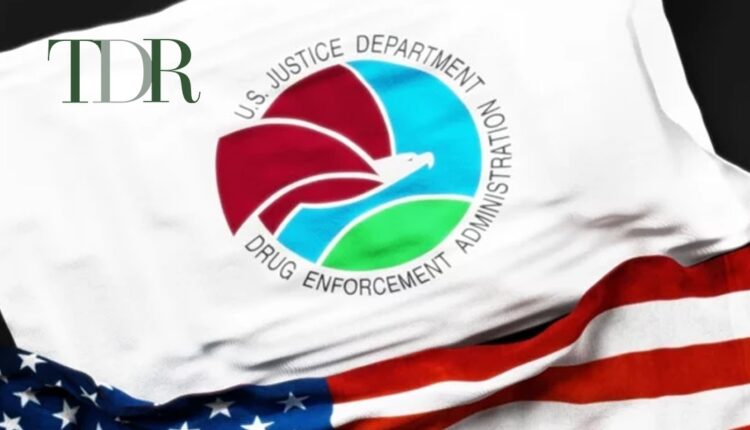
DEA Clarifies Hemp Rules: Impact on Cannabis Industry
The TDR Three Key Takeaways regarding DEA and the Cannabis Industry:
- DEA’s THCA ruling could drastically impact the hemp and cannabis industry.
- DEA’s stance influences the Farm Bill’s discussions on hemp regulations.
- Stakeholders advocate for unified hemp regulations for market clarity.
The DEA’s interpretation that tetrahydrocannabinolic acid (THCA) must be considered in the total delta-9 THC concentration could have far-reaching consequences for the hemp and cannabis industry. The DEA clarified this stance in response to queries regarding the legal status of THCA under the Controlled Substances Act (CSA). As the DEA stated, “In regards to THCA, Congress has directed that, when determining whether a substance constitutes hemp, the delta-9 THC concentration is to be tested ‘using post-decarboxylation or other similarly reliable methods.'”
The DEA clarification implies that the THCA in hemp products, once decarboxylated, contributes to the delta-9 THC total, making many hemp products potentially non-compliant. This interpretation has caused significant concern within the hemp industry. Jonathan Miller, general counsel for the U.S. Hemp Roundtable, warned, “This interpretation would destroy the hemp industry. Most hemp growers, even fiber and grain growers, would be out of compliance.”
The DEA’s stance is particularly impactful as Congress considers more stringent regulations on hemp-derived cannabinoids in the revised Farm Bill. This includes popular cannabinoids like delta-8 THC, which have gained traction in the market but remain in a regulatory gray area. The lack of clear guidelines has led to inconsistencies and confusion in enforcement, complicating the landscape for producers and consumers alike.
Moreover, the ongoing debate over the legal status of various cannabinoids underscores the broader issue of federal cannabis regulation. While hemp-derived cannabinoids, including CBD, have shown promise in various applications, the absence of comprehensive federal regulations has hampered their growth. The hemp market’s recovery in 2023, despite these challenges, highlights the sector’s resilience and potential.
Industry stakeholders argue that the current patchwork of state and federal regulations is unsustainable. They advocate for a unified regulatory framework that would provide clarity and stability. The current situation, where interpretations like the DEA’s on THCA can drastically alter the market landscape, underscores the urgency of this need.
The DEA’s letter emphasizes the complexity of hemp regulation. “The ‘decarboxylation’ process converts delta-9-THCA to delta-9-THC,” stated Terrence Boos, chief of the DEA’s Drug and Chemical Evaluation Section. “Thus, for the purposes of enforcing the hemp definition, the delta-9 THC level must account for any delta-9 THCA.”
As the cannabis industry evolves, clear and consistent regulations are crucial. The current policy conflicts and economic challenges highlight the need for a comprehensive approach to cannabis legalization and regulation. Such an approach would not only support the industry’s growth but also ensure consumer safety and product quality.
The 2018 Farm Bill aimed to clarify hemp production, but the DEA’s THCA clarification shows ambiguities remain. The cannabis industry needs clear, science-based regulations to adapt to its rapid evolution and ensure regulatory consistency. Want to be updated on all things Psychedelic, Cannabis, AI, and Crypto? Subscribe to our Daily Baked in Newsletter!



